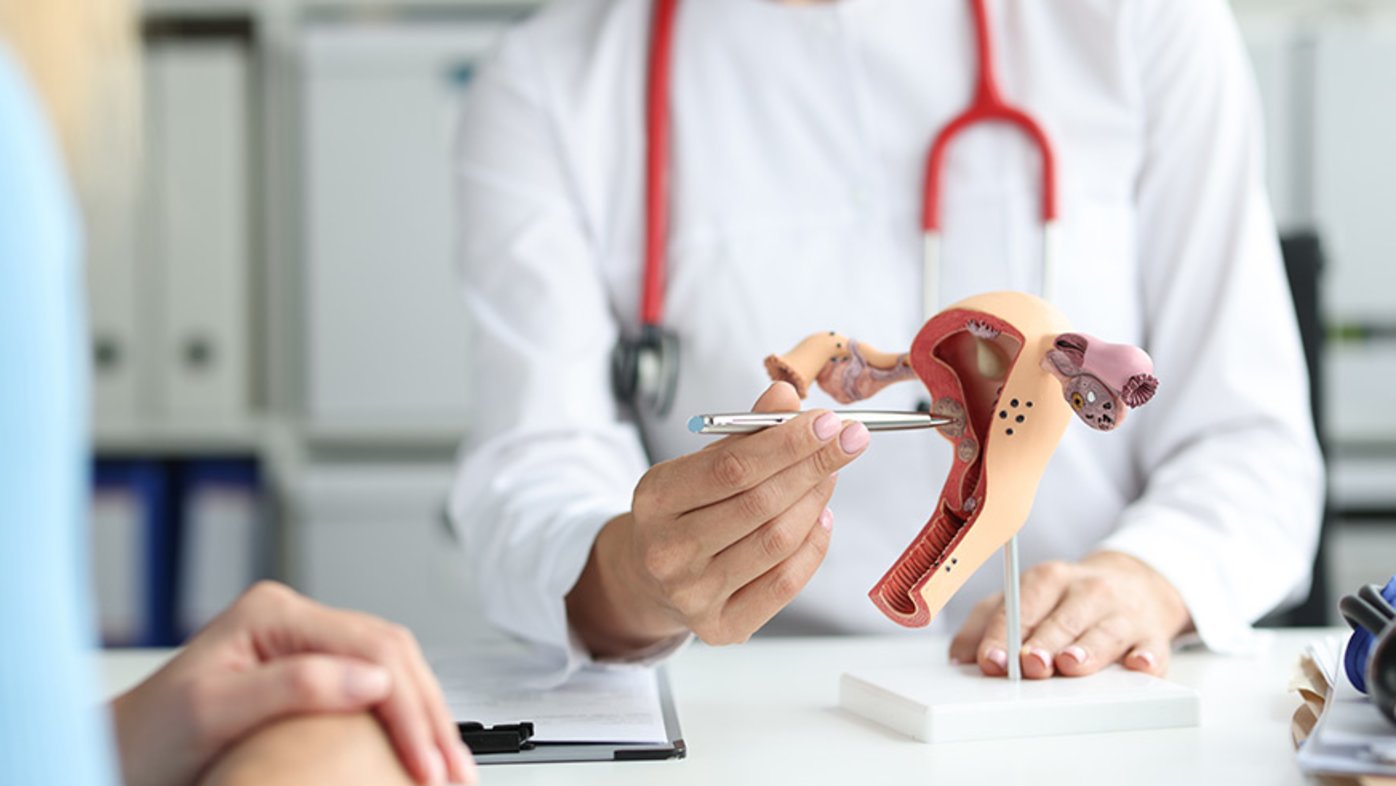Use Code WELCOME for $10 OFF at Checkout
Shop now , Pay later
Use Code WELCOME for $10 OFF at Checkout
Shop now , Pay later
Scientific evidence suggests benefits such as increased energy, balanced mood and hormones, improved milk supply, reduced risk of baby blues and postpartum depression (PPD), and faster postpartum healing.

$375 (All-Inclusive)


Oxytocin and corticotropin-releasing hormone (CRH) have been demonstrated to alleviate fatigue and unlock a new source of energy.

The placenta harbors elevated concentrations of prolactin, contributing to the facilitation of lactation and the augmentation of overall milk supply.

Peer reviewed research has shown that several of the bioactive components of the placenta promote tissue regrowth and healing.

Consuming the placenta replenishes estrogen and progesterone, contributing to the stabilization of postpartum mood and hormones levels.

Rich in oxytocin and nutrients, the placenta may have mood-stabilizing effects and potentially alleviating mood-related symptoms.

The placenta contains a certain amount of iron, the iron in placenta pills is more easily absorbed by the body compared to other iron sources.

Placenta consumption may aid in uterine involution, which stimulates the regulation of uterine contraction to help uterus return to its original size.

Consuming placenta could potentially help regulate hormonal imbalances associated with postpartum weight retention.

Uterine involution is the process by which the uterus returns to its pre-pregnancy size and involves the shedding of excess tissue and a reduction in the size of the uterine muscle.
Placenta consumption may aid in uterine involution. This is thought to be facilitated by the hormones and other bioactive compounds in the placenta.
For moms looking for the best placenta encapsulation, we combine safety, science, and personalization.
Thiamine supports the conversion of glucose into energy. Maintaining optimal levels of vitamin B1 can support overall nervous system health.
Riboflavin is involved in the synthesis of proteins and the repair of tissues. Having sufficient vitamin B2 is important for tissue repair and growth.
Pyridoxine is essential for the synthesis of neurotransmitters such as serotonin and dopamine, which play key roles in mood and emotional well-being.
Vitamin B12 is necessary for the synthesis of enzymes involved in nutrient metabolism. Adequate levels of B12 can contribute to the nutritional quality of breast milk.
Amino acids are the building blocks of proteins, and proteins are essential for tissue repair and recovery.
Cytokines play a role in balancing the immune response to prevent excessive inflammation while promoting effective defense mechanisms.
Iron is crucial for the synthesis of enzymes involved in nutrient metabolism. Maintaining optimal iron levels supports the nutritional quality of breast milk.
Zinc is essential for cell division and growth, which is important for the repair and regeneration of tissues in the postpartum period.
Stimulates uterine contractions, reduces bleeding for faster healing
Estradiol plays a role in uterine involution, the process by which the uterus returns to its non-pregnant state after childbirth. Estradiol helps regulate the shedding of the uterine lining.
Progesterone helps maintain the uterine lining during pregnancy, and stimulates uterine involution (returning to its non-pregnant state), by contracting and shedding excess tissue.
Growth hormone may play a role in mammary gland development. This is relevant in the postpartum period when breast health and lactation are significant factors in maternal recovery.